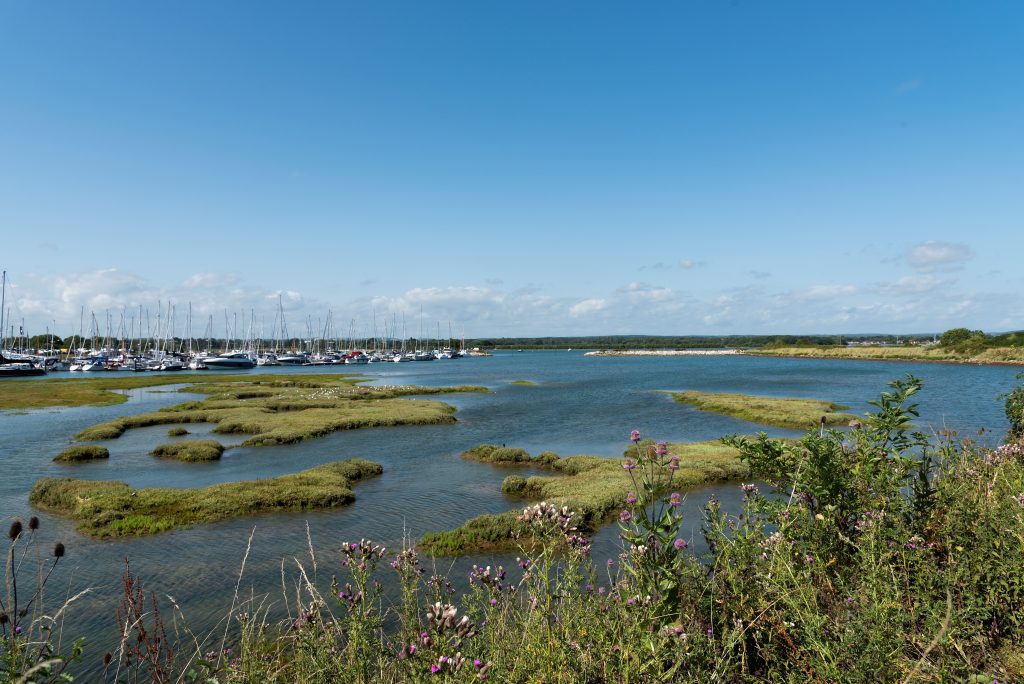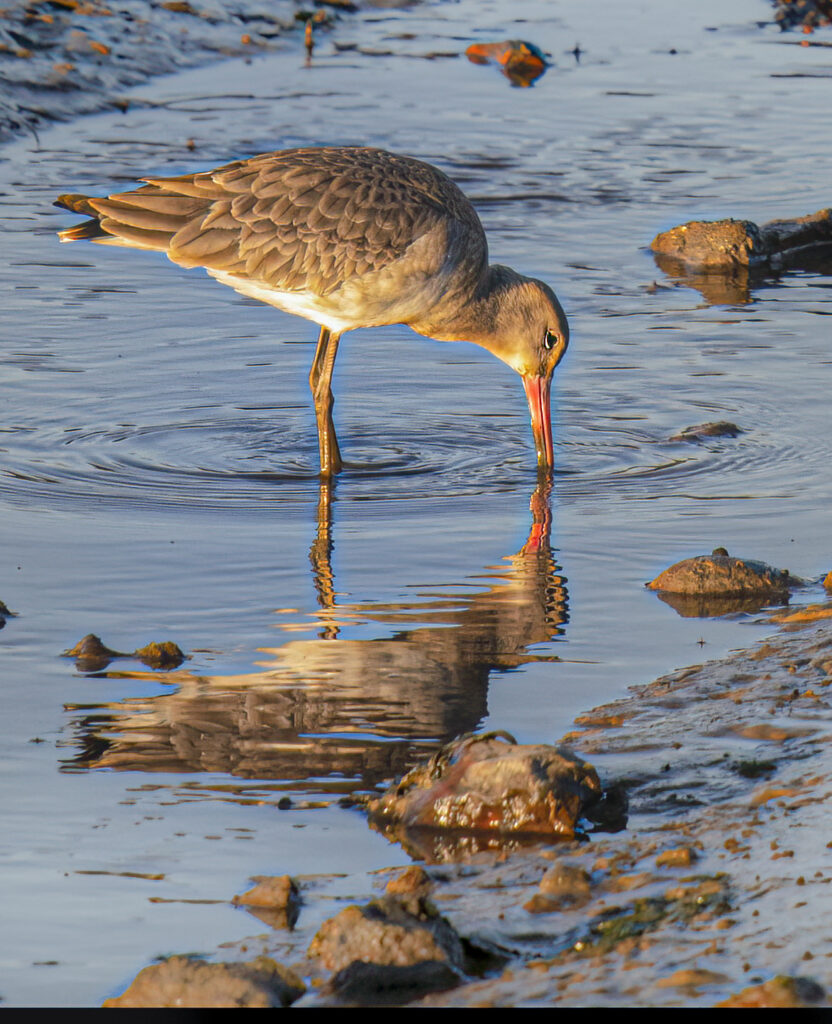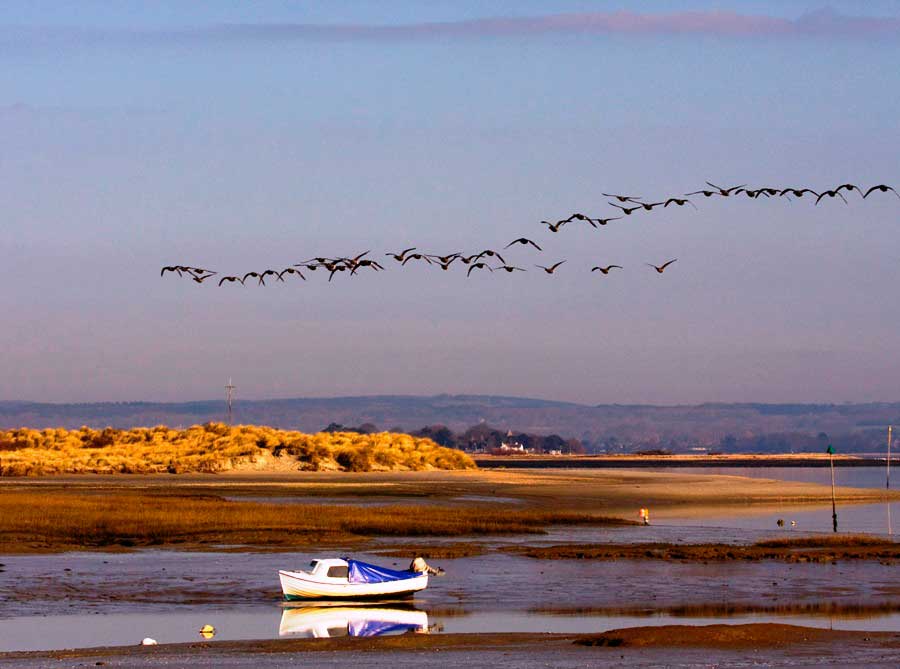The recently released WWF Living Planet Report 2024 has highlighted the alarming decline in global wildlife over the past 50 years. Hot on the heels of 2023’s UK State of Nature report, it emphasises the urgent need for concerted conservation efforts to protect wildlife and their habitats on a global scale.
Chichester Harbour is one of the is one of the most important sites for wildlife in the UK, with diverse marine and coastal habitats, supporting a wide range of species from migratory birds to marine life. The report outlines the global pressures of habitat loss, pollution and climate change, all of which impact the wildlife and ecosytems of Chichester Harbour.

The Natural England 2021 Condition Review of the Chichester Harbour Site of Special Scientific Interest (SSSI) found 80% of the harbour’s designated habitats to be in an “unfavourable declining condition.” With a 60% decline in saltmarsh since 1946,a degradation to intertidal mudflats and a steep decrease in the harbour’s breeding birds came a stark warning of further losses without significant action to reverse the decline.
Specifically, the report pointed to habitat loss due to “coastal squeeze”, where rising sea levels cause the erosion and degradation of habitats as they are squeezed out against sea walls. Development pressures, human disturbance and water quality were also significant factors.
Declining birds
These local findings mirror the global picture presented in the WWF Living Planet Report, which noted an average 69% decline in global wildlife populations since 1970. In Chichester Harbour, the impact of this decline is particularly visible among bird species. Once thriving over-wintering populations of wading birds and wildfowl have suffered significant declines, and are under pressure within Chichester Harbour due to disturbance and diminished feeding grounds.
Key species such as the native oyster, once abundant in our waters, are now critically endangered due to habitat degradation and water quality issues.

What are we doing about it?
Chichester Harbour Conservancy and its partners are already engaged in initiatives aimed at addressing these challenges, including the restoration of saltmarshes, creation of habitat for breeding habitats to support breeding seabirds including Common Terns, and partnerships with local stakeholders to improve water quality. However, the scale of the problem demands greater collaboration, innovation, and investment at all levels.
